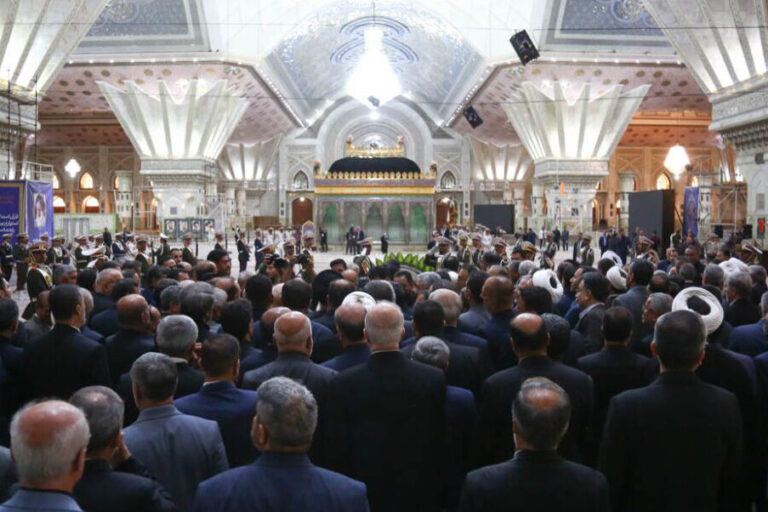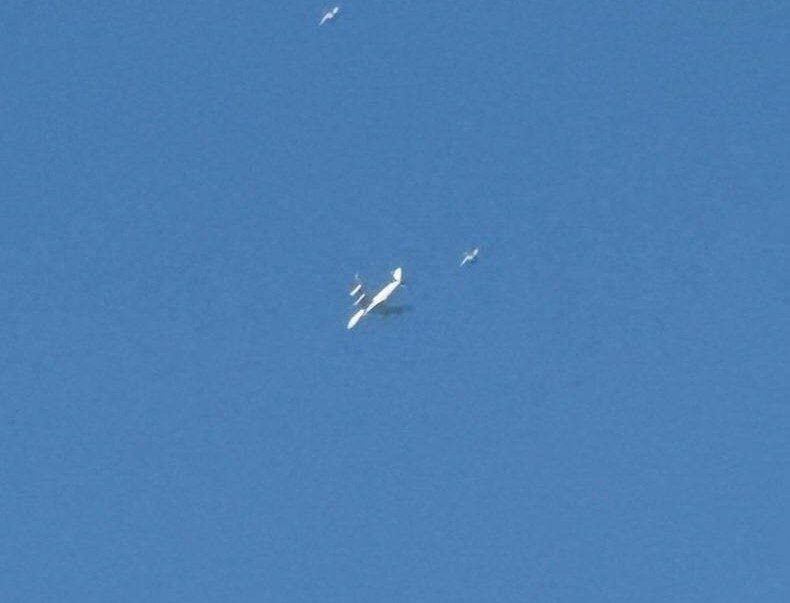
Similar Posts
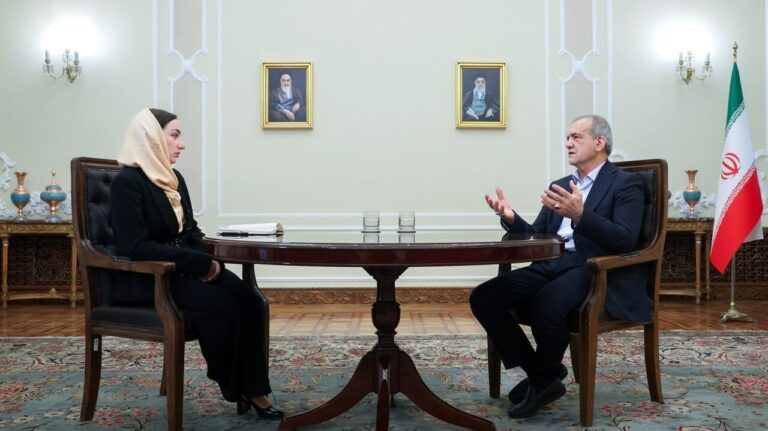
President Pezeshkian Urges Regional Unity: Respect for Territorial Integrity Among Nations Essential
President Masoud Pezeshkian of Iran emphasized the need to respect the rights and territorial integrity of all nations to maintain global peace during an interview with Azerbaijani Television. Addressing the Armenia-Azerbaijan conflict, he stressed the importance of adhering to international frameworks for resolution, defending both Azerbaijan and Armenia’s rights. Pezeshkian praised the growing ties between Iran and Azerbaijan, highlighting collaboration in academics, commerce, culture, and economic development. He discussed a land connection project between Azerbaijan and Nakhchivan through Iran and emphasized new agreements on green energy. Pezeshkian noted their shared interests in international organizations and future cooperative initiatives.
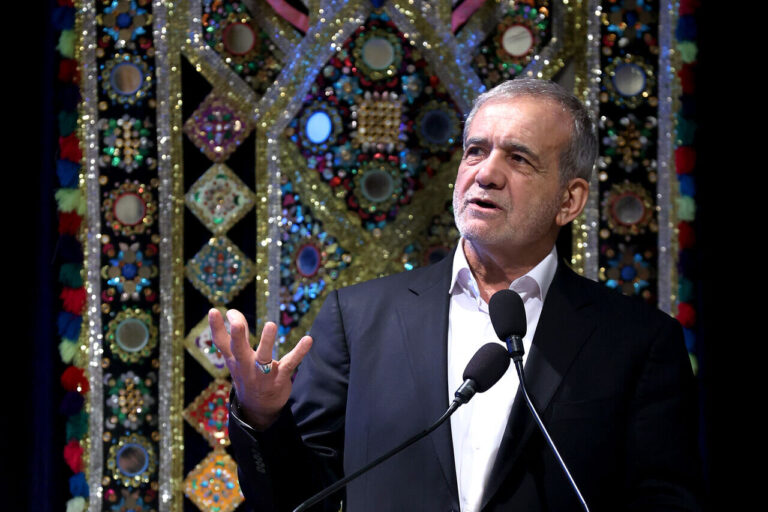
Iran’s Rivals: The Primary Backers of Global Terrorism, Claims Pezeshkian
In a recent speech in Tehran, Iranian official Pezeshkian countered accusations against Iran as a “terrorist state,” asserting that the nation is a victim of terrorism. He criticized Western nations for their double standards on human rights, particularly their support for the Mujahedin-e Khalq Organization, responsible for violence against Iranians. Pezeshkian condemned Israel’s actions and the silence surrounding Gaza atrocities. He recalled Iran’s historical struggles since the 1979 Islamic Revolution, emphasizing the sacrifices made by youth. He expressed confidence in Iran’s resilience and commitment to peace and unity, stating that growth is only achievable in a stable environment.
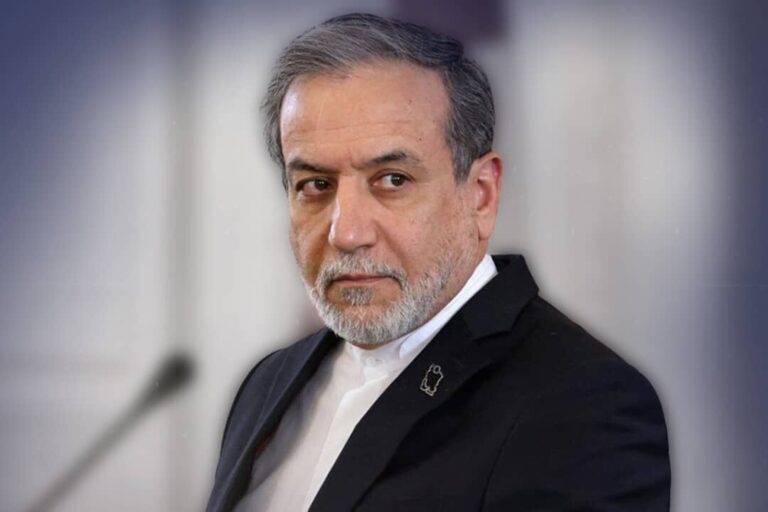
Araqchi Sounds Alarm: Israeli Sabotage and Assassinations Threaten Diplomatic Efforts
Iran’s Foreign Minister Abbas Araqchi expressed concerns about potential disruptions to U.S.-Iran nuclear negotiations, citing the Israeli regime and certain interest groups as possible saboteurs. He emphasized the history of Israeli tactics aimed at provoking Iran, stating that Iran’s security services are on high alert for sabotage and assassination attempts. Araqchi also warned of a misinformation campaign featuring exaggerated claims about Iran’s nuclear intentions, including misleading visuals of facilities. He stressed that Iran’s nuclear program is closely monitored by the International Atomic Energy Agency (IAEA), underscoring the importance of vigilance to protect diplomatic efforts.
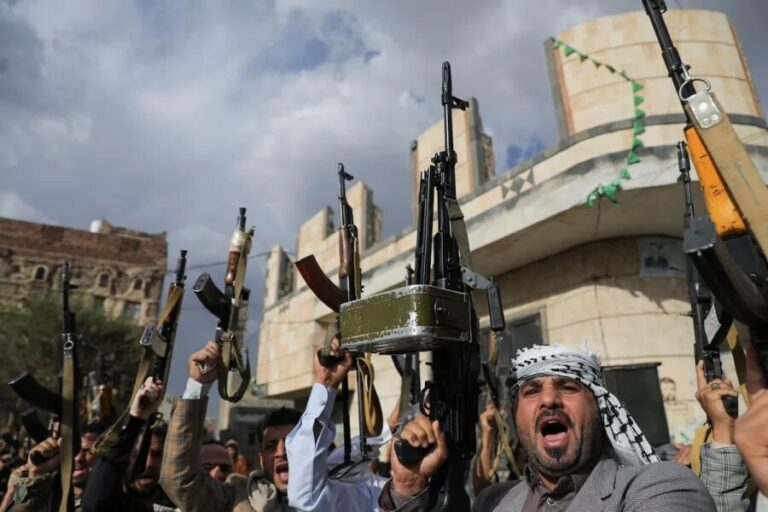
Sanaa Calls the Shots: A Game-Changing Decision Beyond Washington’s Reach
The Middle East is experiencing a significant geopolitical shift, particularly in Yemen, where the Ansarallah movement has emerged as a key player, challenging Western dominance. Recent military developments have revealed that once secondary forces are now crucial in the regional equation. Despite accusations of Iranian support, Yemen has demonstrated remarkable military self-sufficiency, developing its capabilities amid a blockade. This evolution underscores the disconnect between U.S. policies and the realities on the ground. Ansarallah’s actions highlight its independence and the rising influence of local movements, necessitating a reevaluation of strategies by global powers as regional dynamics continue to change.
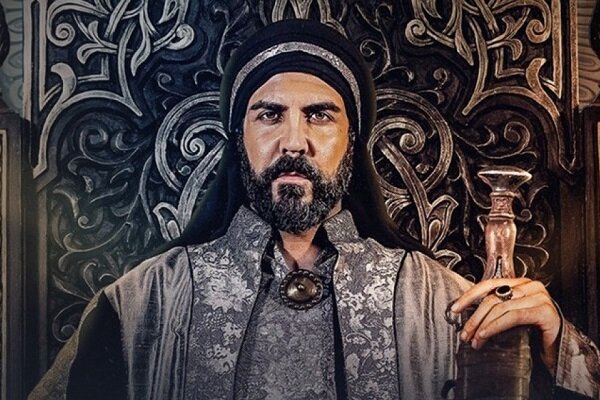
Is Saudi Arabia Rewriting Islamic History with Mo’aweyah’s Legacy?
The TV series “Mo’aweyah,” depicting Muawiya, founder of the Umayyad dynasty, has sparked controversy across Iraq, Egypt, and beyond since its Ramadan debut. Produced by MBC Saudi Arabia with a budget of $100 million, the 30-episode series has faced backlash for its portrayal of key Islamic figures, leading to a ban in Iraq due to concerns over sectarian tensions. Al-Azhar in Egypt has also condemned the show. Critics argue it misrepresents Muawiya’s legacy, which is contentious among Shia Muslims, while the writer defends the portrayal as complex. The series highlights challenges in addressing sensitive historical topics in media.
